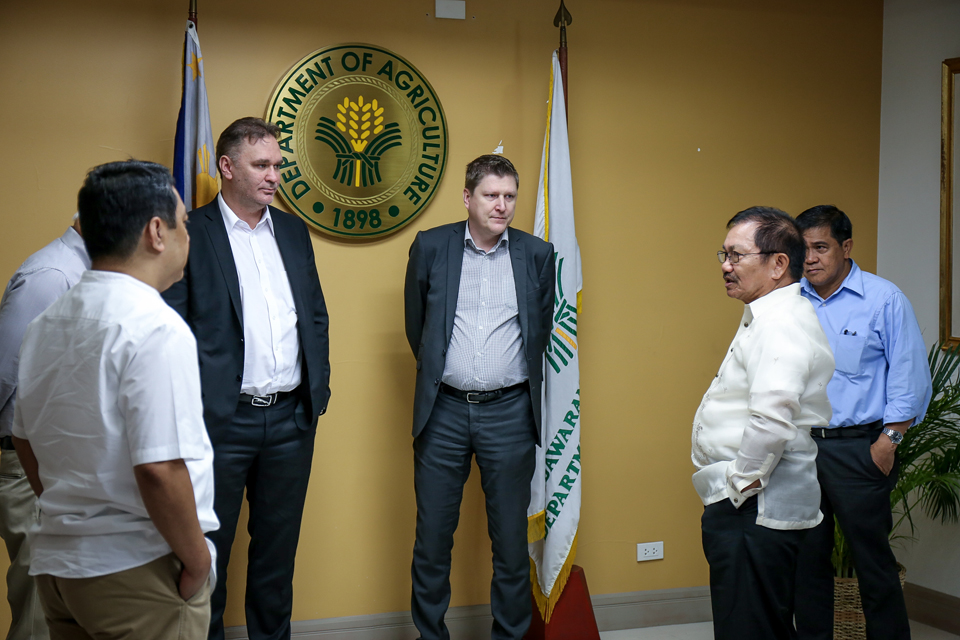
The Department of Agriculture (DA) may soon lock a partnership with Filipino rubber farmers’ groups and a Finland –based tire manufacturer for the construction of a $200 million tire processing facility in Southern Mindanao.
Kai Hauvala, President and CEO of Black Donuts Engineering Inc. met Agriculture Secretary Emmanuel F. Piñol for an initial briefing of the rubber industry in the Philippines before heading to Davao and North Cotabato for a site validation and assessment.
The Mindanao visit seeks to determine whether the agriculture agency has the capabilities to operate the facility.
If everything is in order, a memorandum of agreement will be signed by both parties which will kick-off the establishment of the facility.
Black Donuts will help in the construction, operations, and capability-building and training of farmers.
DA will organize farmers, through a National Cooperative for Farmers and Fisherfolks, who will join the initiative.
“We just have to get good farmers that are willing to abide with the rules and participate in rural development projects of the government,” Piñol stressed.
The facility, once operational, will produce a tire brand to be used for passenger vehicles, cargo, small pick-ups and agricultural machineries.
The project is expected to increase areas for planting and replanting by at least 150,000 hectares and increase the production of dry rubber per year in the next 10 years of at least 150,000 metric tons.
The Finnish company will visit some of the rubber plantations in Southern Mindanao until January 13, 2017
In 2016, the Philippines produced 110,000 tons of rubber, while neighboring countries Thailand and Indonesia produced 4.5 million tons and 3 million tons, respectively.
Through the Philippine-Finland partnership, the department aims to address the current challenges within the rubber industry, which includes low productivity of rubber due to lack of quality planting materials and seedlings. It also intends to address problems on rubber exports.
The country’s export on natural rubber decreased by 54,000 metric tons (MT) in 2016, as compared to 76,900 MT in the previous year—mainly because of the fluctuation in rubber price and effect of the 2015 El Niño.
“Without a processing facility in the country, we may never stabilize the price of rubber,” Piñol said.
Raw rubber price has significantly reduced even as tire prices continue to soar.
“Mababa ang bentahan sa rubber pero ang presyo sa gulong ay nasa P6,000-P9, 000, kaya sino kumikita?” Piñol said adding that if the country has the capability to absorb the local and international demand, it can generate employment for more Filipinos.
Through a memorandum order, Piñol directed concerned regional directors to review bidding process for the procurement of rubber seedlings.
“Only nurseries certified by the Bureau of Plant Industry (BPI) are qualified to put in their bids for rubber seedlings to ensure that the seeds given to farmers are of good quality,” he stressed. ### (Kristel Merle, DA-AFID)













